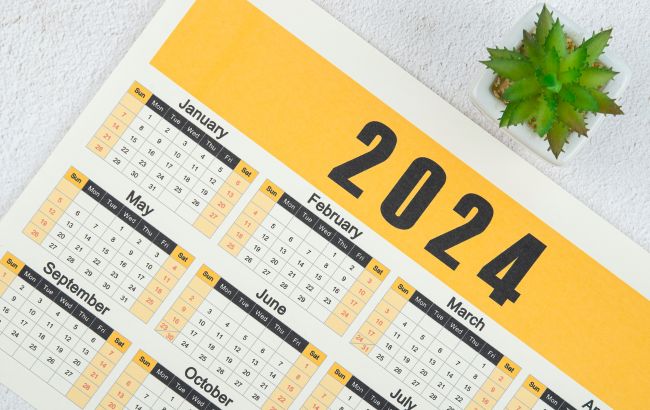Leap year 2024 - What it means for calendar
 Photo: Leap year 2024 - What it means for your calendar (GettyImages)
Photo: Leap year 2024 - What it means for your calendar (GettyImages)
2024 is a leap year, meaning it includes an extra day in February, bringing the total number of days in the year to 366. This adjustment helps align our calendar with the Earth's orbit around the sun, according to CBS News.
Leap years, occurring approximately every four years, add an extra day to the calendar to compensate for the time it takes the Earth to complete its orbit around the sun, which is about 365.2422 days.
The next leap day will be Thursday, February 29, 2024, with subsequent leap years in 2028, 2032, and 2036.
Including a leap day every four years ensures the calendar remains in sync with the Earth's orbit, preventing a gradual shift of seasons over time.
Leap year rules
Leap years don't always occur strictly every four years. The system was reformed in 1582 by Pope Gregory XIII, leading to the current rules for identifying leap years in the Gregorian calendar.
The rules are as follows: a leap year is any year divisible by 4. However, if it's a century year (like 1900 or 2000), it must also be divisible by 400 to qualify as a leap year.
This is why 2000 was a leap year, but 2100, 2200, and 2300 will not be leap years under these criteria.
Calendar correction
The concept of a leap year dates back to the introduction of the Julian calendar by Julius Caesar in 45 BC, later refined by the Gregorian calendar in 1582.
This system was designed to correct the discrepancy caused by the Earth's orbit taking slightly longer than 365 days. The leap year system ensures that seasons and annual events remain consistent year over year, maintaining the accuracy and functionality of our calendar system.
We also recently wrote that next year, according to the Chinese calendar, will be the Year of the Green Wooden Dragon.

